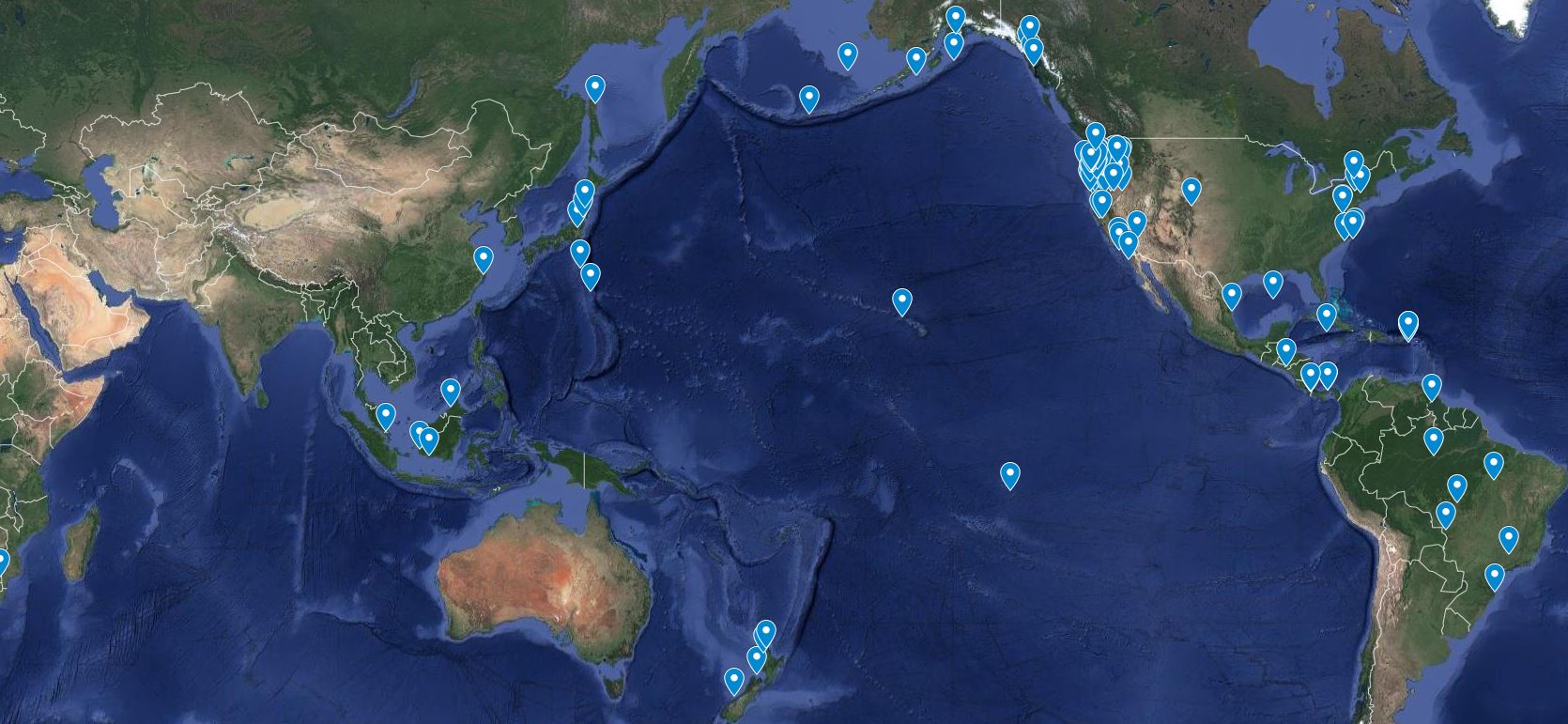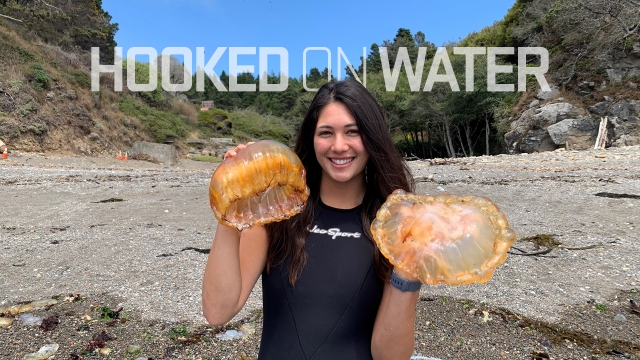Undergraduate Programs
Our undergraduates are making a difference by learning about and putting into practice the conservation of biodiversity, management of fish and wildlife, and protection of terrestrial, aquatic, and marine habitats through a degree in Fisheries, Wildlife, and Conservation Sciences.
Graduate Programs
We educate our students to think critically and evaluate problems from a strong background in basic and applied science, fundamental ecological principles, and consideration of social influences on conservation. We strive to help our students succeed through a rich program of field and laboratory coursework and personal advising.
Where in the World is FWCS?
Faculty and students in the Department of Fisheries, Wildlife, and Conservation Sciences are currently conducting research on a diverse array of topics in North America, as well as internationally. Want to see where?
Our Students
Olivia Boisen | Graduate Student | Class Of 2026 | Mission Viejo, CA
Fisheries Science | Hatfield Marine Science Center | Cal State Monterey Bay
Diversity, Equity, and Inclusion | Point Blue Conservation Science
Events
In the News

‘Food Cultures and Social Justice’ conference brings hundreds to OSU; highlights equity, sustainability
Among the 500-plus attendees were 34 OSU faculty and students, representing a wide range of disciplines, including education, biochemistry, fish...
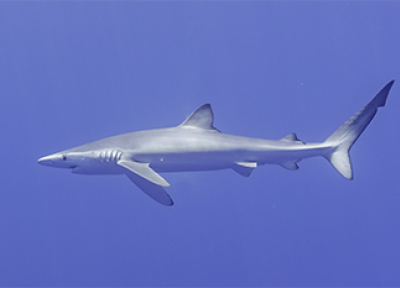
50th anniversary of 'Jaws': How the film impacted public perception of sharks
"It [Jaws] villainized sharks and people became absolutely terrified of any species that was in the ocean," James Sulikowski, director of the...
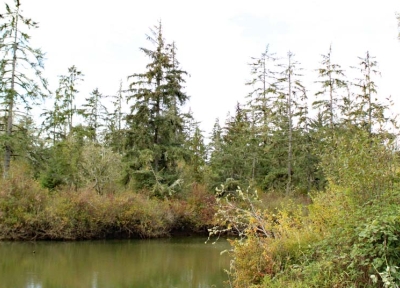
This overlooked Oregon ecosystem is a carbon storing powerhouse
Chris Janousek, one of the OSU researchers on the project, said tidal forests have been understudied compared with other coastal ecosystems like...
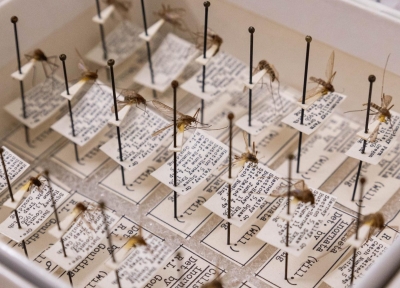
Enriching biodiversity: OSU’s repositories provide student research opportunities
An ichthyology collection — pertaining to the study of fish — has a place on the Corvallis campus. Specimens and an online database are...
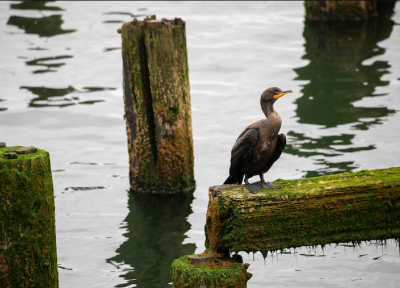
How cormorants are helping us understand coastal oceans in Oregon and around the world
From acidic excrement that eats through bridge coating, to nesting near roadways and causing accidents, cormorants have been known to create...

